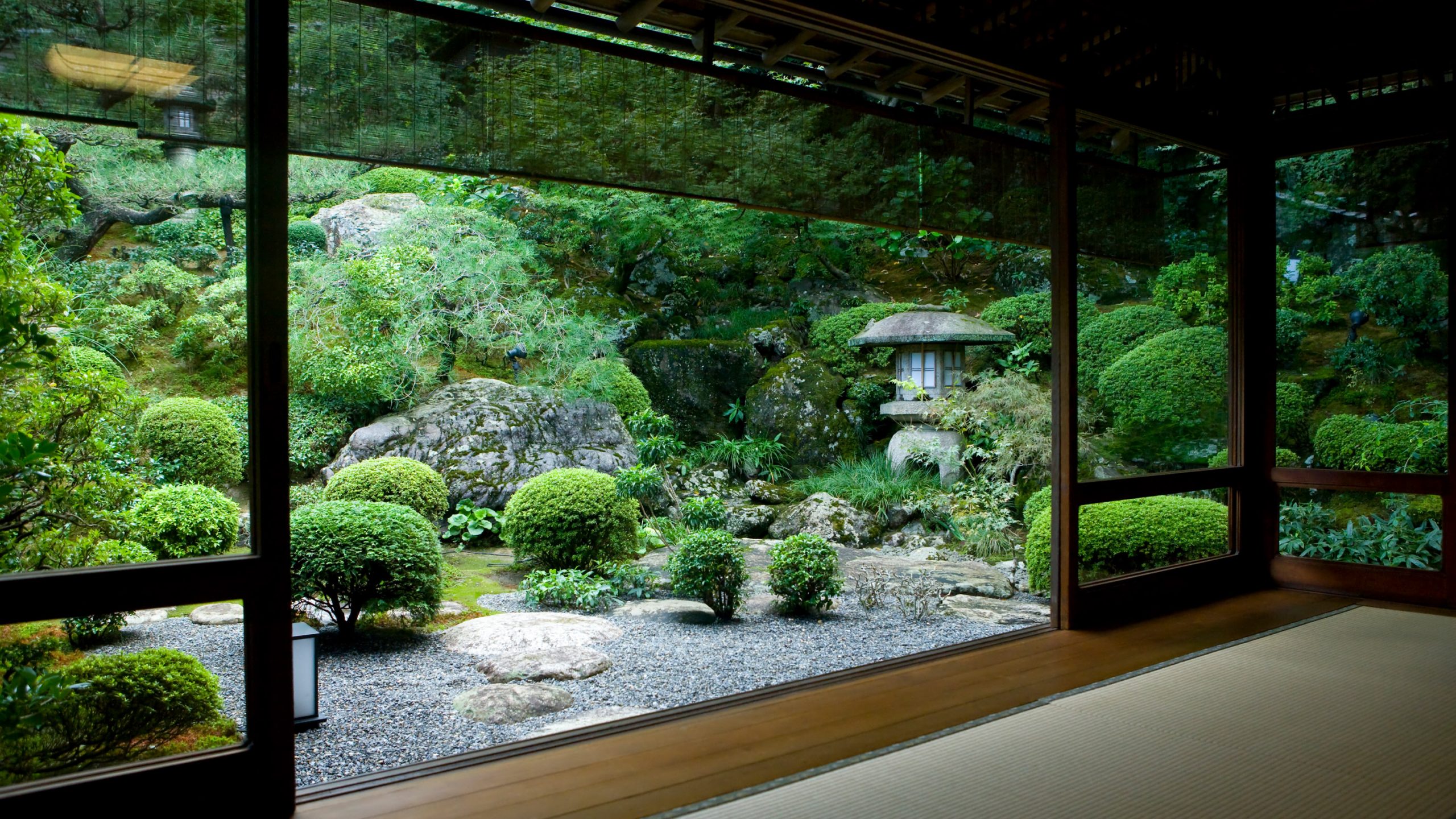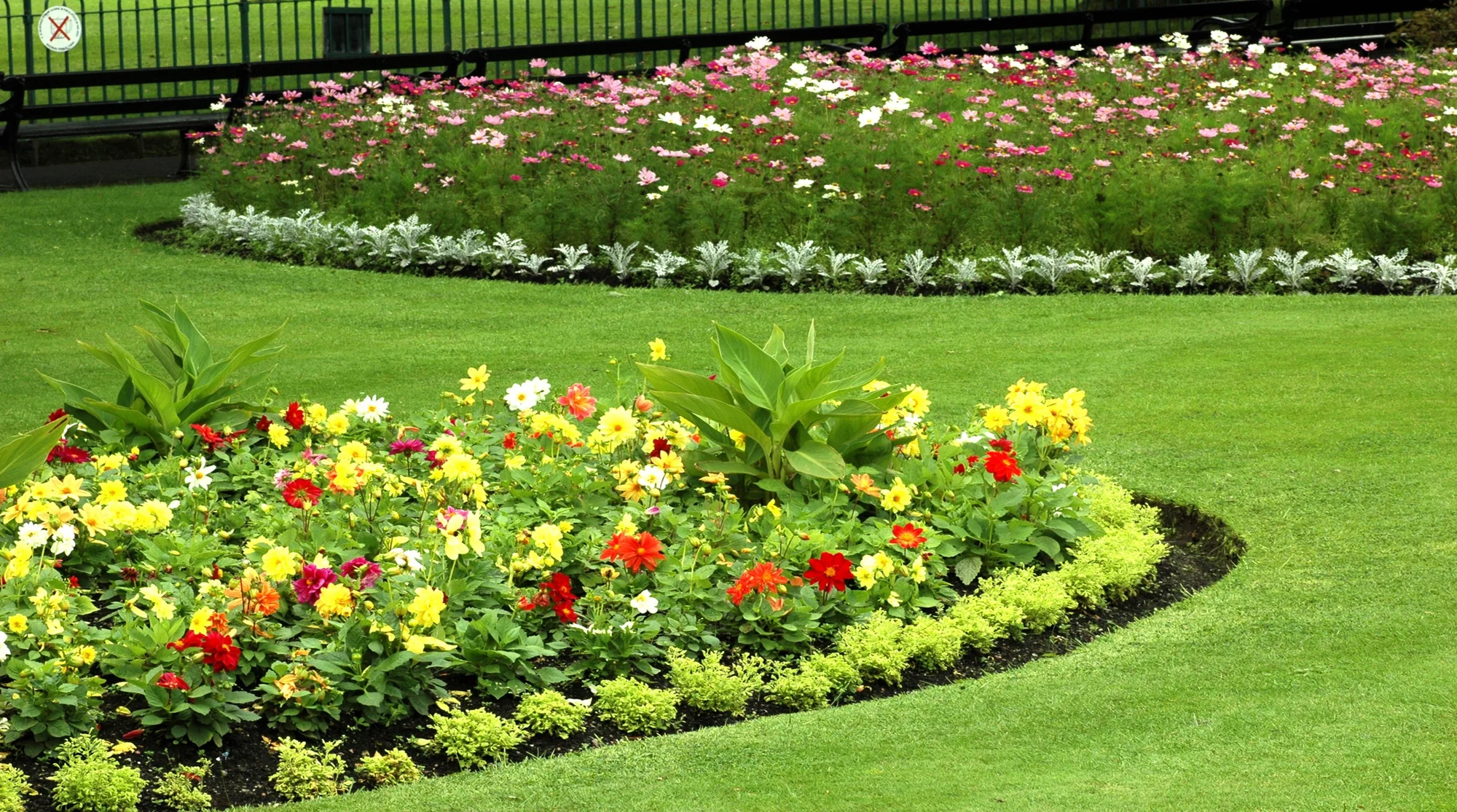Japanese gardens are more than just beautiful outdoor spaces; they are living works of art that embody the principles of Zen Buddhism. These serene and contemplative gardens invite visitors to slow down, appreciate the beauty of nature, and find inner peace.
The Essence of Japanese Gardens
At the heart of Japanese garden design lies a deep connection to nature and a desire to create a harmonious balance between humans and the natural world. Key elements that define these gardens include:
- Rocks: Carefully selected and placed rocks symbolize mountains, islands, or flowing water. They are often arranged to create a sense of depth and perspective.
- Water: Water features such as ponds, streams, and waterfalls are essential components of Japanese gardens. They symbolize purity, tranquility, and the flow of life.
- Plants: Plants are chosen for their symbolic meaning and aesthetic appeal. Common plants include pine trees, maples, bamboo, and cherry blossoms.
- Paths: Winding paths lead visitors through the garden, encouraging contemplation and mindfulness.
- Lanterns: Lanterns provide soft, ambient lighting and add a touch of elegance to the garden.
Types of Japanese Gardens
- Zen Garden: Minimalist and meditative, Zen gardens often feature raked gravel patterns, rocks, and a few carefully placed plants. The raked gravel, known as karesansui, symbolizes water, while the rocks represent islands and mountains.
- Karesansui: A dry landscape garden, Karesansui uses rocks and gravel to represent water features. This type of garden is often found in temples and monasteries.
- Chaniwa: A tea garden designed for the traditional Japanese tea ceremony, the Chaniwa features a tea house, a stone lantern, and a carefully raked gravel garden. The garden is designed to evoke a sense of tranquility and simplicity, preparing guests for the tea ceremony.
The Philosophy Behind Japanese Gardens
Japanese gardens are inspired by Zen Buddhism, which emphasizes mindfulness, simplicity, and harmony with nature. The design principles of Japanese gardens aim to:
- Create a sense of tranquility: By minimizing distractions and focusing on essential elements, Japanese gardens provide a peaceful and serene environment.
- Evoke a sense of wonder: The careful arrangement of rocks, plants, and water features can create a sense of awe and wonder.
- Promote mindfulness: The act of walking through a Japanese garden can be a meditative experience, helping to calm the mind and reduce stress.
By incorporating these elements and principles, you can create a serene and inspiring Japanese garden in your own backyard. Remember, the key to a successful Japanese garden is to focus on simplicity, balance, and harmony with nature.



